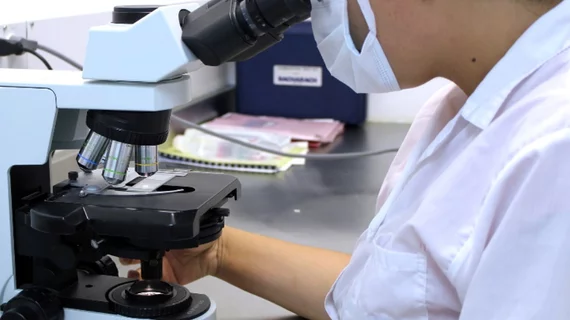Canadian university receives $3.7M grant for AI digital pathology search engine
The Kimia Lab at the University of Waterloo in Ontario, Canada, announced it has received $3.7 million from the Ontario Research Fund-Research Excellence program, which will fund its artificial intelligence (AI) search engine project in digital pathology for five years, according to a release from the university.
The project— “Computational Peer Review through Identification and Captioning of Gigapixel Digital Pathology Scans”—is geared toward using, streamlining and creating AI algorithms for whole-side imaging, the release states. Researchers are designing the search engine to retrieve relevant cases from large archive, auto-caption images and facilitate consensus building.
“Digital pathology has opened new horizons in medical diagnosis,” said professor Hamid Tizhoosh, the director of Kimia Lab and the principal investigator of the project. “At the same time, we have been witnessing the rise of artificial intelligence technologies in recent years that could be applied to discover and exploit the collective wisdom in the big image data.”

